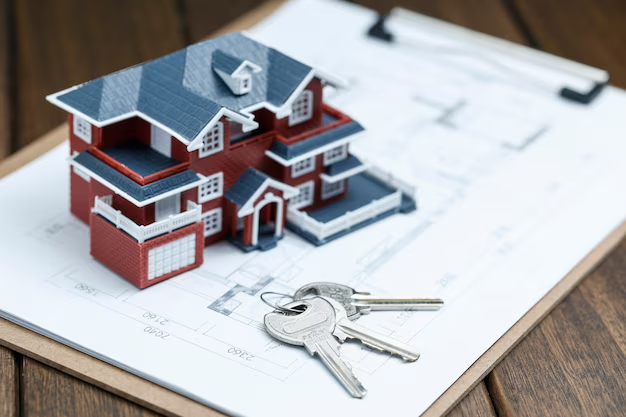
Real estate, at its simplest, refers to the ownership, use, and transfer of land and any buildings or natural resources on it. Here’s a basic breakdown of how it works:
1. Types of Real Estate
- Residential: Involves homes, apartments, condos, and other places where people live.
- Commercial: Involves properties used for business purposes, like offices, malls, or hotels.
- Industrial: Includes factories, warehouses, and other properties for manufacturing or storage.
- Land: Involves undeveloped land, farms, and vacant lots.
2. How Real Estate Transactions Work
- Buying: An individual or company purchases a property from the current owner. This involves a legal transfer of ownership, often facilitated by a real estate agent or lawyer.
- Selling: The current owner puts their property on the market. The sale process includes listing the property, negotiating offers, and closing the sale.
- Leasing: Instead of selling, an owner may lease their property to someone else. The lease agreement defines the terms, like rent and duration.
3. Financing Real Estate
- Mortgages: Most buyers take out a loan to purchase property. The loan is secured by the property itself, meaning if the buyer doesn’t pay, the lender can take ownership.
- Down Payment: Buyers usually pay a portion of the property’s price upfront, with the rest covered by a mortgage.
4. Valuation and Appreciation
- Valuation: The worth of a property is determined by its location, condition, and market demand.
- Appreciation: Over time, the value of real estate often increases, especially in growing or desirable areas.
5. Regulation and Legal Aspects
- Zoning Laws: Determine what kind of buildings can be built in certain areas.
- Property Taxes: Owners must pay taxes based on the value of their property.
- Contracts: Real estate transactions involve legal contracts that outline the terms of the sale or lease.
6. Market Dynamics
- Supply and Demand: Real estate prices are influenced by the balance of available properties (supply) and the number of people looking to buy or lease (demand).
- Market Trends: Economic conditions, interest rates, and local developments can cause prices to rise or fall.
7. Real Estate Investment
- Rental Income: Investors buy properties to rent them out and earn a steady income.
- Flipping: Some investors buy properties, renovate them, and sell them quickly for a profit.
In essence, real estate is about buying, selling, and using land and buildings. It’s governed by a range of legal, financial, and market factors that determine how properties are valued and traded.

Hi, this is a comment.
To get started with moderating, editing, and deleting comments, please visit the Comments screen in the dashboard.
Commenter avatars come from Gravatar.